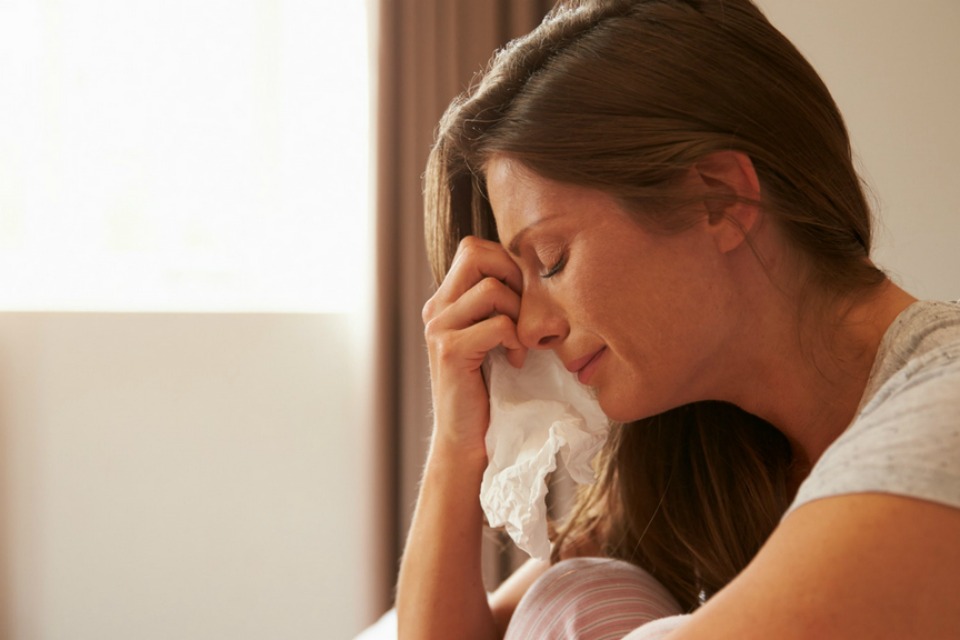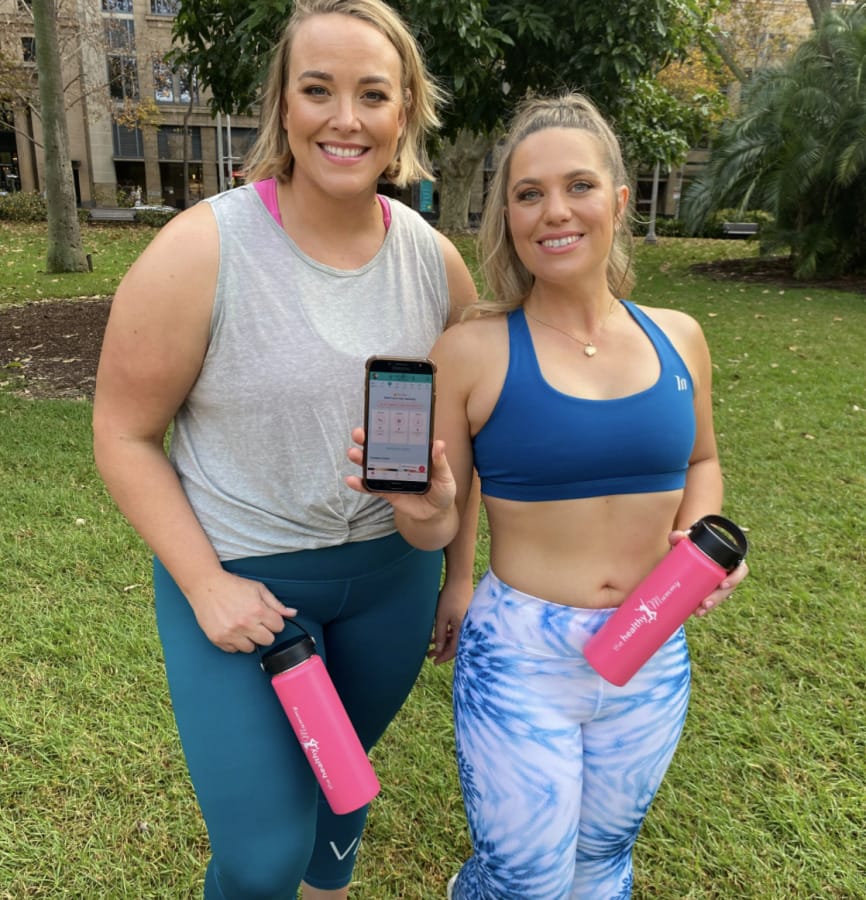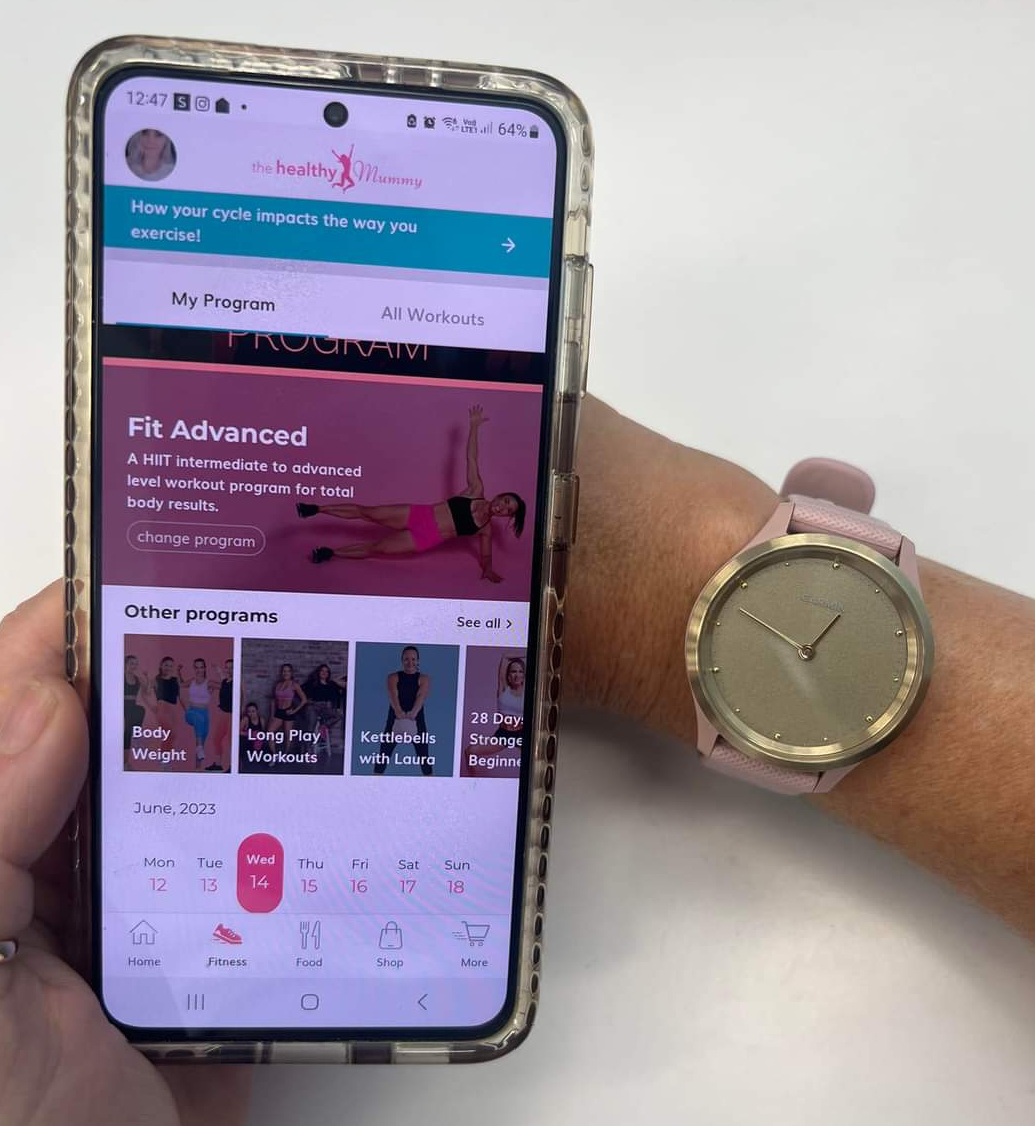Postnatal Depression: FACT vs. FICTION
Mental health issues have negative stigmas, misconceptions and untruths attached to them, which can prevent many people from getting help. You may have your own idea of what postnatal depression let’s sort the fiction from the facts.

Mental health issues have negative stigmas attached to them, along with misconceptions and untruths, which can prevent many people from getting help. You may have your own idea of what postnatal depression is which may not be entirely accurate. Let’s sort fiction from the facts.
Here are some facts and fictions about postnatal depression.
Fiction: PND happens in the few months right after childbirth.
Fact: PND can be experienced throughout the first year after childbirth.
This myth can prolong PND, which can get worse if left unattended. Many mums who have a baby who isn’t a newborn anymore may start to displace their feelings as just having a bad day or a negative period in their life. Some mums may attribute their feelings to a change in hormones if they’re weaning their baby or have gotten their period again. Some women may just think they’re just bad mums for feeling this way. PND is a mental illness and should be taken seriously instead of being attributed to other causes.
Fiction: A mum with PND should just be happy she has a healthy, beautiful baby.
Fact: PND is a mental illness- NOT A CHOICE.
Society – men, women and other mums, love to judge and shame mums into feeling guilt and embarrassment especially if mums deviate from the standard idea of what motherhood should look like. PND isn’t a way of thinking and you certainly cannot just ‘get over it’ or wake up one day feeling happy. Genetic predisposition of mood hormone fluctuations play a role in being susceptible to PND, as does a previous history of trauma and abuse. Any complications that may occur during pregnancy or childbirth or any relationship issues, further compound this susceptibility. Whatever the cause of PND, it is not the fault of the mother and requires professional help, if there is to be any chance of recovery.
Fiction: Mum’s with PND will harm their baby.
Fact: PND makes a mum more likely to harm herself than her child.
A common misconception due to intense media reporting when female infanticide occurs, which is so shocking because it goes against the idea that a mother is supposed to be maternal and protective of her child. Around 1/1000 mum’s will be diagnosed with a rare mental illness called postnatal psychosis, compared to 1/8 women who are diagnosed with PND. Of those women suffering postnatal psychosis; there is a 10% risk for infanticide.
When a mum experiences PND however, it is more likely she can experience physical symptoms such as panic attacks, heart palpitations, shaking, and emotional symptoms such as abrupt mood swings, being on edge, fatigue, depression, generalised anxiety and fears for the health, wellbeing or safety of the baby. Every mother’s life experience is different so will her symptoms be also. PND is a serious mental illness and requires professional help.
Fiction: Having PND must mean you’re a bad mother
Fact: PND is a mental illness, which doesn’t define a person.
This is the stigma of mental illness; where you’re made to feel weak, shameful and not good enough. We all go through varied experiences that shape whom we are, give us the moral code that we abide by and the standards by which we live. Untruths such as this are judgements based on lack of understanding of PND or, quite frankly, ignorance. You will find your road to recovery will be easier when you block out people who have these opinions or those who don’t want to educate themselves in changing their opinion.
PND is not who you are, it is something you are going through and something that you can recover from, no matter how dark and unmanageable it may seem now. It doesn’t make you a bad or unfit mother.
There is help available from organisations:
- Perinatal Anxiety and Depression Australia (PANDA) has a team of trained professionals waiting for your call on 1300 726 306.
- You can also visit panda.org.au for more information.
- For help outside of work hours, call Lifeline on 13 11 14.

Join our community of supportive mums!
With hundreds of thousands of mums from all over Australia, all with the same goals, concerns, and struggles, our community is there to support you through it all.









